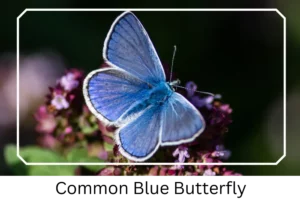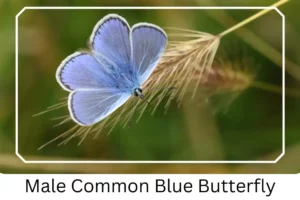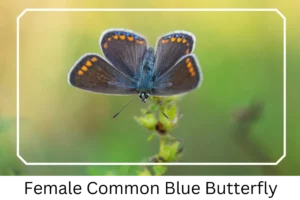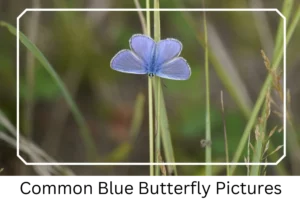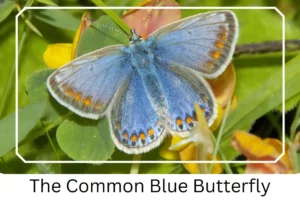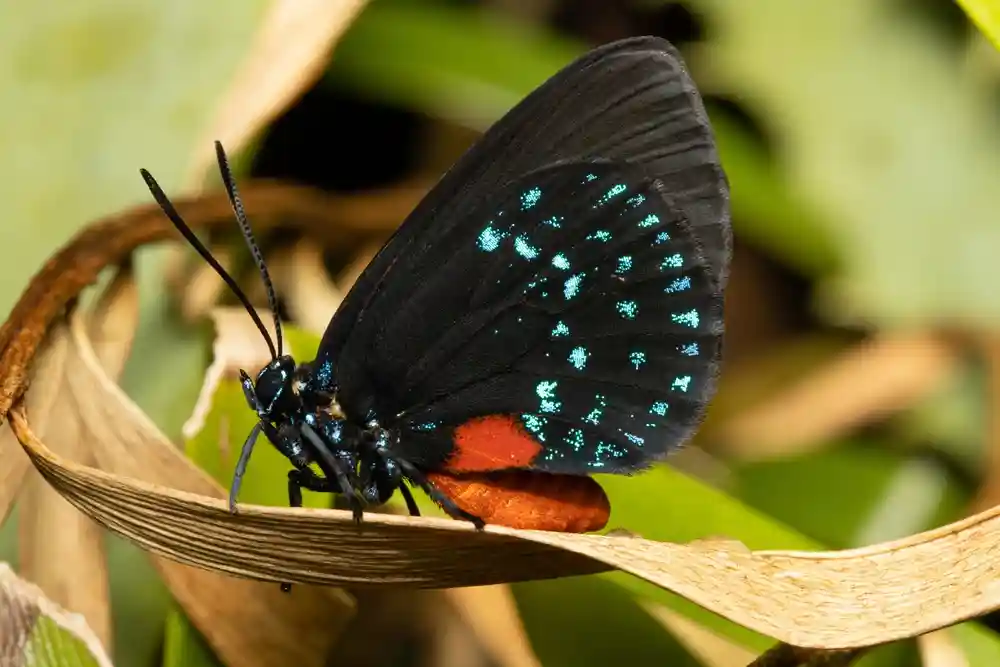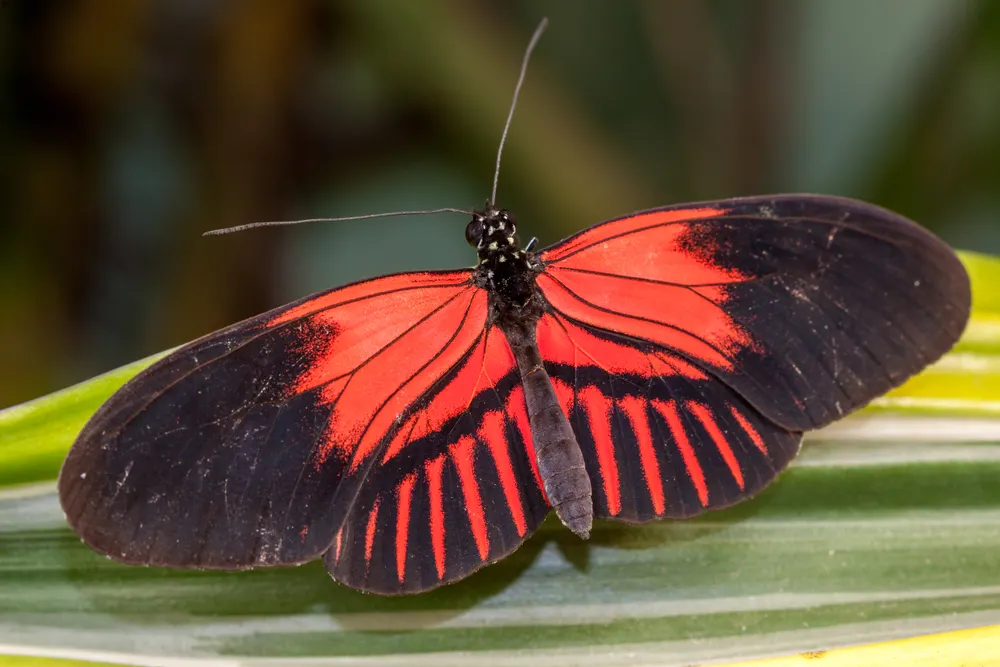Common Blue (Polyommatus Icarus)
The Common Blue (Polyommatus icarus) is a mesmerizing species of butterfly, notable for its striking coloration and widespread presence across various regions. Flourishing in Europe, North Africa, and even parts of Iran and the Canary Islands, these butterflies are a vibrant spectacle in meadows, shrubby areas, and gardens from May to October.
Scientific Classification
- Family: Lycaenidae
- Genus: Polyommatus
- Scientific Name: Polyommatus icarus
Overview
This butterfly species thrives in a range of habitats, from flower-bordered meadows to herb gardens and woodland areas, making it a subject of interest for both enthusiasts and researchers. Despite its beauty, the Common Blue faces threats from habitat loss, leading to significant population declines in some areas. Understanding its life cycle, from the egg to the adult butterfly, alongside its ecological role, is crucial for its conservation.
Description and Identification
Caterpillar
The mature larvae of the Common Blue are noticeable for their short, green, and furry appearance. They have a symbiotic relationship with ants, secreting a nutrient-rich substance that attracts these insects, which in turn offer protection against potential predators.
Pupa
Transitioning into pupae, these creatures display an olive green or brown chrysalis. Their pupation occurs close to or on the ground, a strategic choice for the next phase of their life cycle.
Adult Butterfly
Sexual Dimorphism: The Common Blue exhibits a clear sexual dimorphism. Males and females differ significantly in their coloration and patterns, making identification straightforward.
Color and Appearance: Males boast a vivid blue color on the dorsal side of their wings, bordered by black-brown edges and a white fringe. In contrast, females have predominantly brown upper wings with a hint of blue and orange spots. Both genders feature orange marks and black spots surrounded by white on their wings’ borders. The underside of the males’ wings presents a bright cyan near the butterfly’s body, fading to white towards the edges, while females display a gentle copper tone throughout.
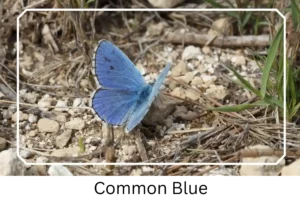
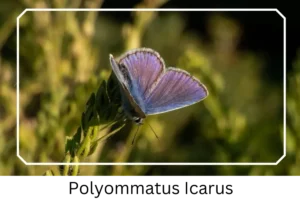 Average Wingspan: The wingspan of the Common Blue ranges between 29–36 mm (1.1–1.4 inches), a size that enhances its agile flight patterns.
Average Wingspan: The wingspan of the Common Blue ranges between 29–36 mm (1.1–1.4 inches), a size that enhances its agile flight patterns.
Flight Pattern: Characterized by a fast and somewhat haphazard flight, these butterflies can navigate through their environment efficiently, aiding in their survival and reproduction.
Eggs
The eggs of the Common Blue are tiny, white, and resemble flattened spheres, measuring about 0.6 mm in diameter. They are laid individually on the young shoots of host plants, initiating the lifecycle anew.
Quick Facts | |
| Distribution | Europe, North Africa, Iran, the Canary Islands. |
| Habitat | Meadows, shrubs, flower borders, herb gardens, woodland areas. |
| Lifespan of Adults | Approximately three weeks. |
| Host Plants | Legumes like bird’s-foot trefoil, rest harrow, and white clover. |
| Adult Diet | Primarily flower nectar. |
How to Identify Common Blue Butterfly?
Identifying the Common Blue butterfly involves observing several key characteristics. First, look for the vibrant blue coloration in males and the more subdued hues in females, with both showcasing distinctive orange markings and black spots on the wings’ borders. The sexual dimorphism is pronounced, making it easier to distinguish between males and females. The butterfly’s habitat, favoring open, sunny meadows and gardens rich in leguminous plants, also provides clues. Moreover, the unique flight pattern — fast and erratic — coupled with their relatively small size, aids in identification. Remembering these details will help enthusiasts and researchers alike to recognize the Common Blue in the wild effectively.
Did You Know?
- The larvae’s unique feeding strategy involves consuming the underside of young leaves, leaving the upper surface intact, which results in silvery blotches that are easy to spot.
- A concerning trend has emerged, with studies estimating a staggering 96% decrease in the Common Blue population in certain areas, primarily due to habitat loss.
- The Common Blue is part of a symbiotic relationship with ants, a fascinating example of mutualism in nature, where the butterfly larvae offer nutrients in exchange for protection.
Conclusion
The Common Blue butterfly, with its dazzling colors and intriguing life cycle, is a fascinating subject for nature lovers and scientists alike. Despite its widespread presence, it faces challenges that threaten its survival. Through increased awareness and conservation efforts, we can hope to protect this beautiful species and the biodiversity of the habitats it calls home.

